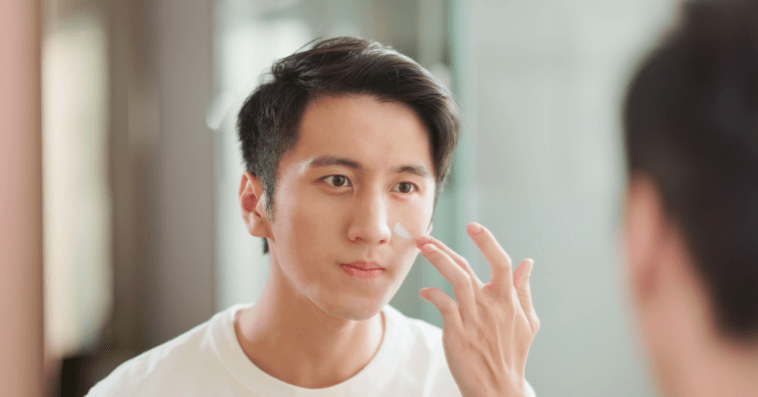Now is the time of year for kids to trade pool floats for pencils and picnics for packed lunches. It’s also a time when my practice sees more skin conditions flare up in young people. Here are some skincare tips for the school year ahead.
Check Your Products
Do your children have sensitive skin or a history of eczema? The dryness and itchiness that this type of skin irritation brings can be distracting during the school day. Look for the word “hypoallergenic” on all soaps, lotions, and detergents that your kids use. This term means the product is free of irritating dyes, fragrances, or substances that may cause an allergic reaction. Sometimes a stronger medication, such as a topical steroid, is needed, and allergy tests can determine triggers.
When It’s Not Eczema
Other skin conditions can present with itchy, flaky skin, just like eczema. If it’s a new rash or a sudden appearance of itching, then it’s likely a condition like contact dermatitis, a fungal infection, or psoriasis. Some rashes and lesions, such as molluscum and warts, are contagious due to their viral nature. Schedule an appointment with a dermatologist if over-the-counter treatments don’t clear your child’s rash to prevent worsening of symptoms.
How to Tame Acne
High school is tough enough with its self-confidence growing pains, let alone acne. It’s easy to be influenced by highly advertised skincare brands when treating acne, but there isn’t a one-size-fits-all remedy. When over-the-counter treatments aren’t effective, moderate to severe acne may require prescriptions from a dermatologist, such as retinoid cream or an antibiotic, as well as acne treatments to prevent scarring. Also, use makeup products that include the term “noncomedogenic,” which means they don’t clog pores, and adopt a healthy diet.
Don’t Forget the Sunscreen
Just because summer is coming to an end, that doesn’t mean you should stop using sunscreen. Continue to apply sunscreen on your kids, and send them to school with a cap and a bottle of sunscreen to use at recess. Look for labels that read “broad spectrum” and have an SPF of 30 or higher.
STI/STDs Affect the Skin
Raising awareness about sexually transmitted diseases and infections is important. Symptoms for the majority of them manifest on the skin. Did you know that half of all new STD cases occur in people ages 15 to 24? Also, 14 million people, including teens, become infected with human papillomavirus each year. When given on time, the HPV vaccine protects against six types of cancers long before an individual is ever exposed to the virus.
This school year, keep your children’s skin healthy and know that professional advice is right around the corner.






Comments